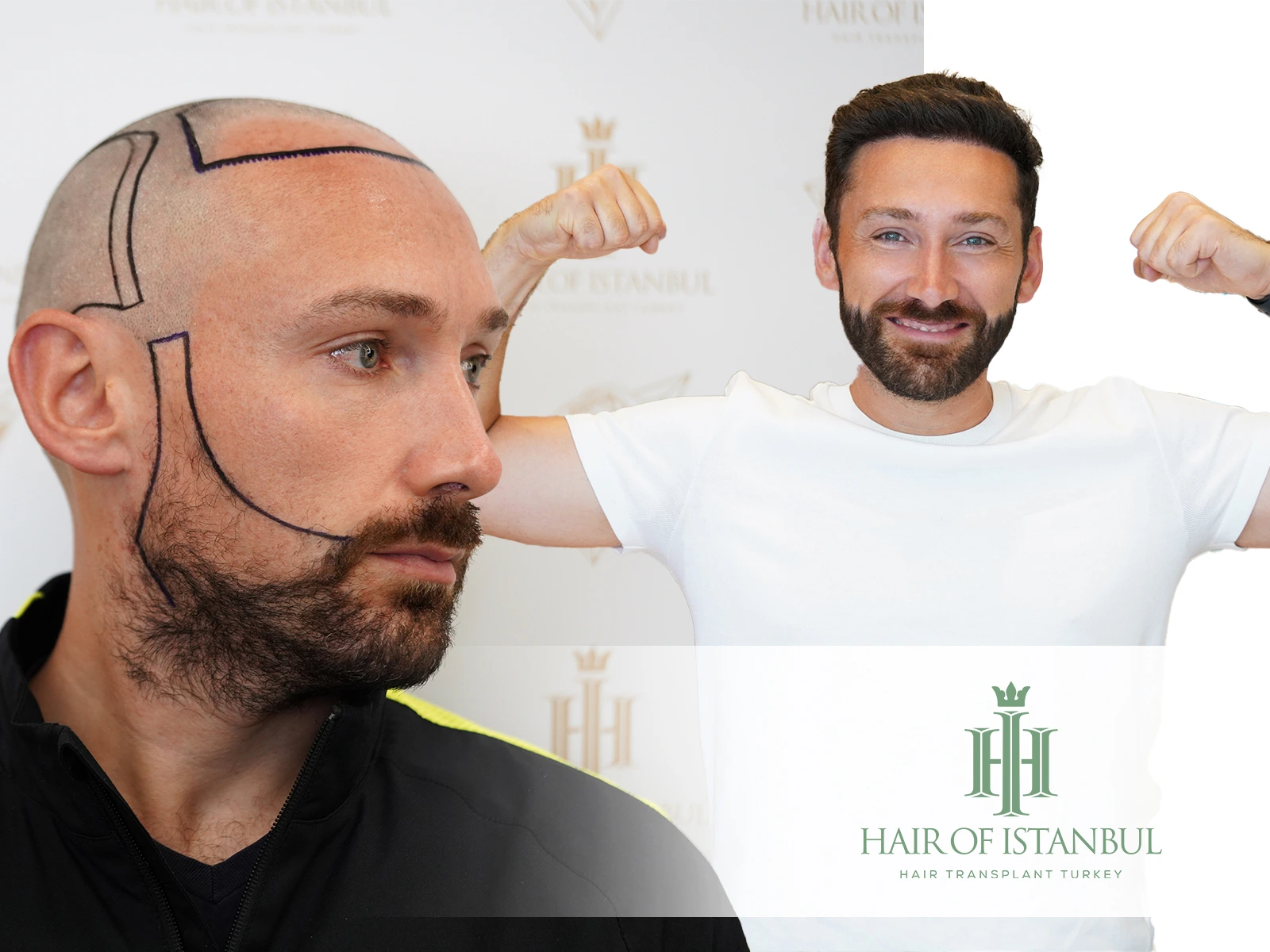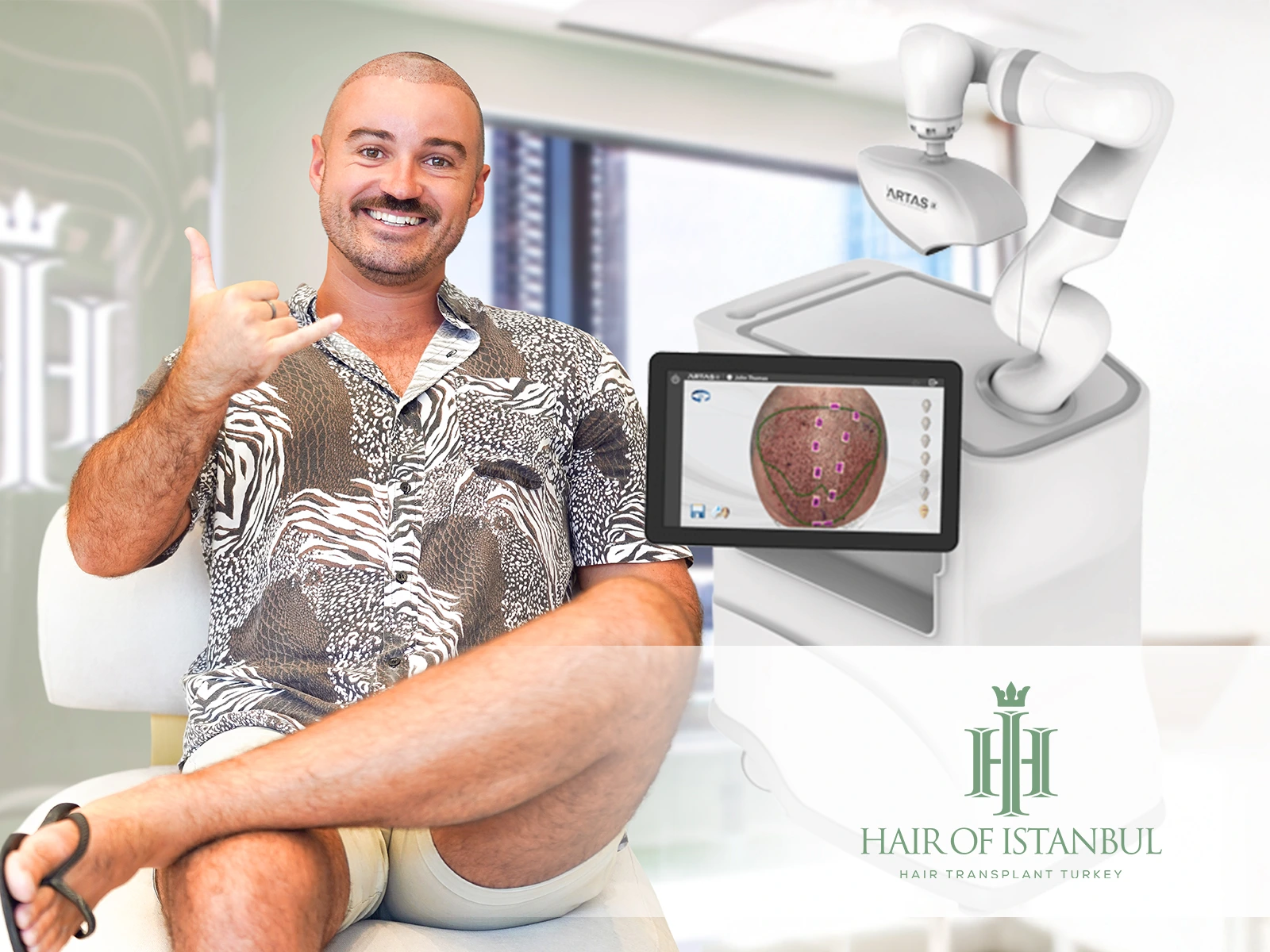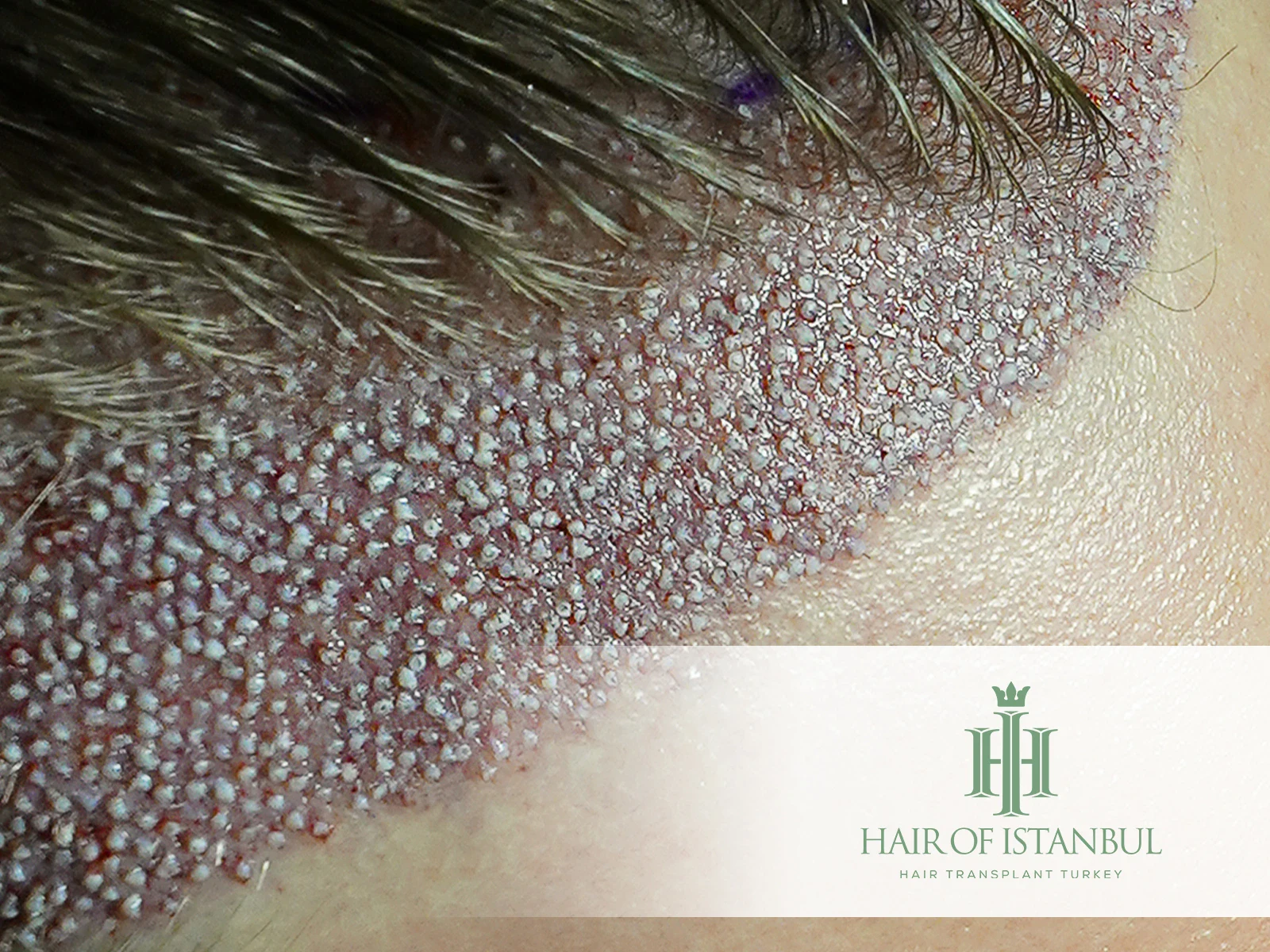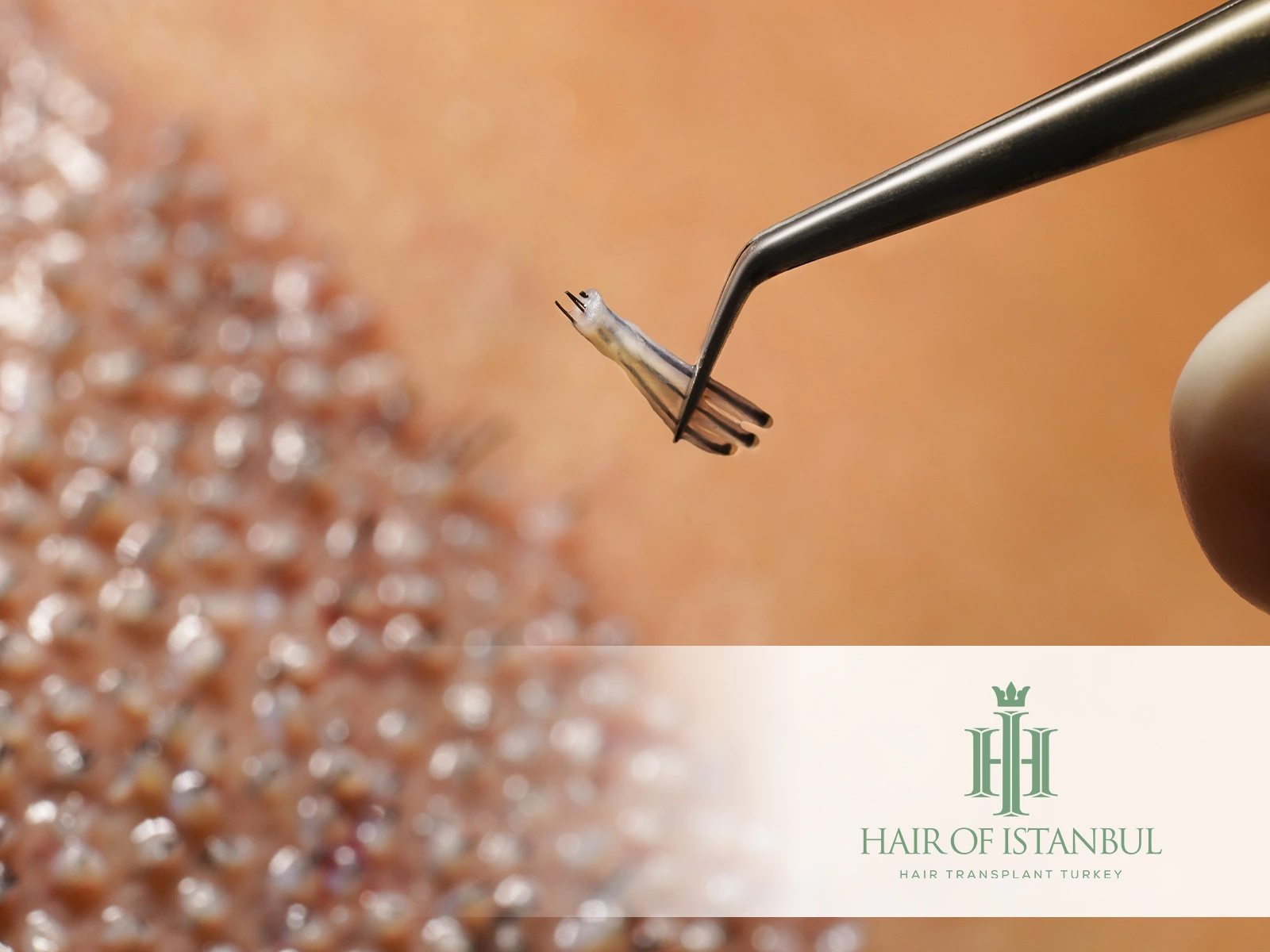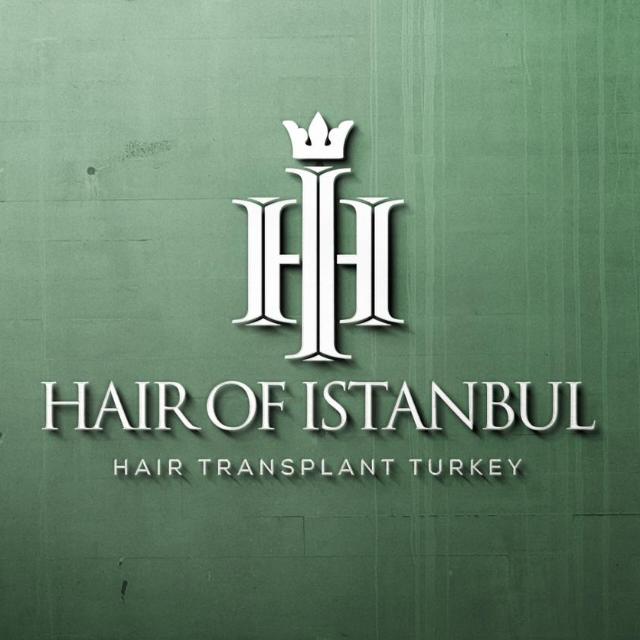The Importance of Proper Aftercare for Women’s Hair Transplant
The Importance of Proper Aftercare for Women’s Hair Transplant
Undergoing a woman hair transplant is a big decision, and it’s essential to ensure the best possible outcome. Proper aftercare is a critical aspect of the woman hair transplant process and plays a crucial role in determining the success of the procedure. In this blog post, we’ll explore the key considerations for aftercare for women’s hair transplant.
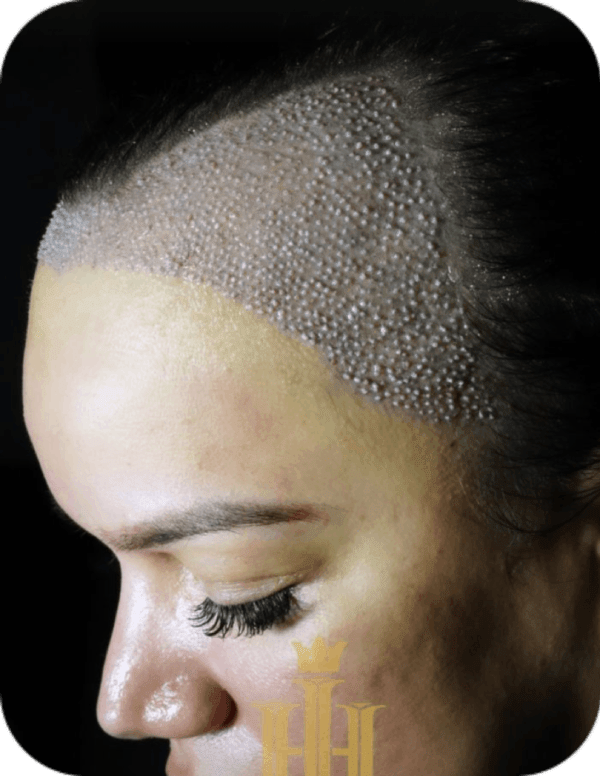
Day 1-2 Post-Surgery:
Rest: It’s important to rest and avoid any strenuous physical activity during the first few days after the surgery.
Medication: Take any prescribed pain medication as directed by your surgeon to minimize discomfort and swelling.
Sleep: Sleep with your head elevated to reduce swelling.
Cleaning: Clean the transplant area gently with the solution provided by your surgeon to prevent infection.
Avoid Direct Sunlight: Direct sunlight can cause damage to the transplanted hair follicles. Wear a hat or use an umbrella to protect your head from the sun.
No Strenuous Exercise: Avoid any strenuous exercise for the first week after the surgery.
No Shampooing: Avoid shampooing your hair for the first week post-surgery. Your surgeon will provide instructions on when to start washing your hair again.
Month 1-2 Post-Surgery:
Gradual Return to Normal Activities: Gradually return to your normal activities and avoid anything that may cause stress to your hair and scalp.
Follow a Healthy Diet: Eating a healthy diet rich in vitamins and minerals can aid in the healing process and promote hair growth.
Avoid Certain Products: Avoid using any harsh chemicals or heat-styling tools on your hair during the first few months after the surgery.
It’s important to follow the aftercare instructions provided by your surgeon carefully. If you have any concerns or questions about the healing process, don’t hesitate to reach out to your surgeon for guidance. Proper aftercare is key to a successful and satisfying outcome from your women’s hair transplant procedure.
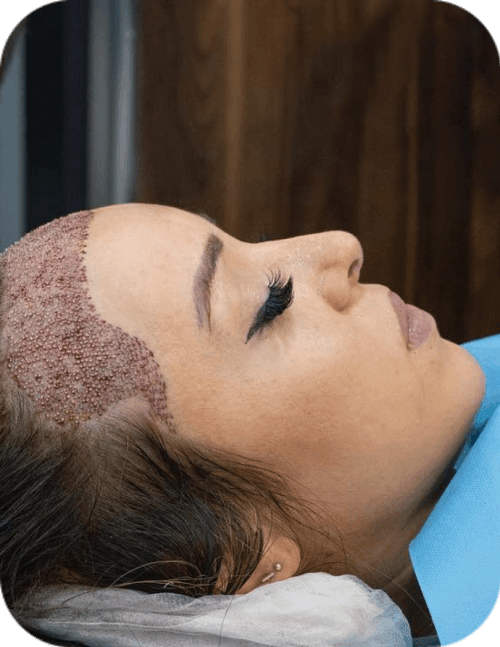
In conclusion, taking care of your hair transplant is crucial to ensure the best possible outcome. By following these aftercare tips, you can help promote healing and ensure that your hair transplant results are long-lasting and natural-looking.


